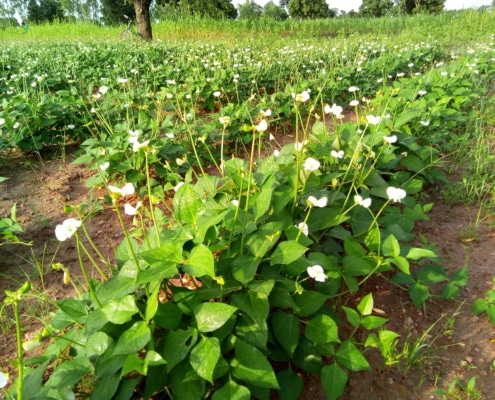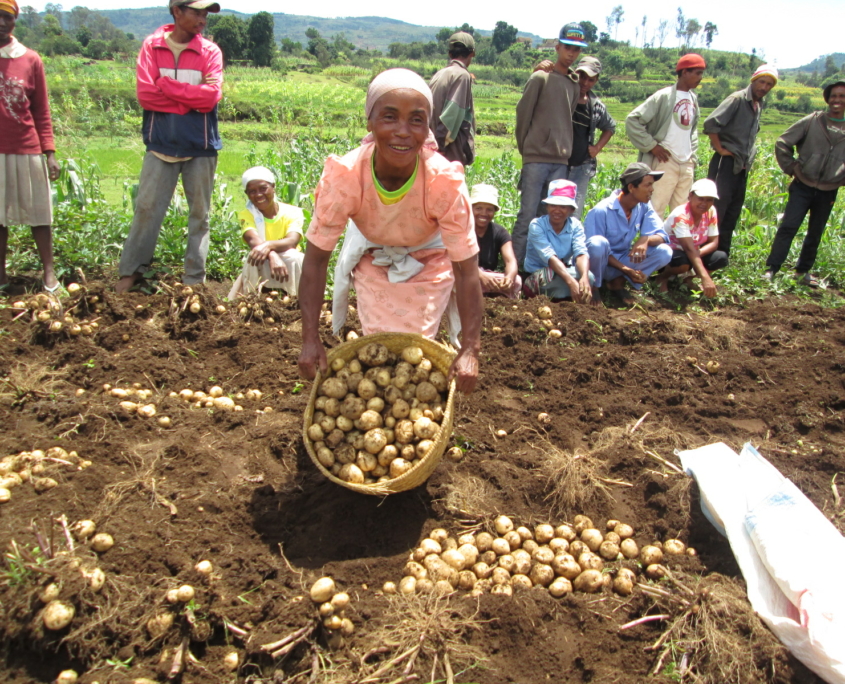In mid-October 2021, the agri-agency Fert organized a webinar on the theme of access to seeds for its African teams and partners. This webinar provided an opportunity to share experiences on access to quality seeds.
Access to quality seeds and plants is an important issue for farmers. In a context of climate change where periods of drought and flooding are increasing, and where pests and parasites are adapting, seeds are the “first crop insurance”. Indeed, quality seeds allow farmers to produce better and more, but also to better valorize their productions by meeting the tastes and needs of consumers.
In Burkina Faso and Madagascar, the farmers’ organizations supported by Fert have set up multiplier farmer systems. The aim is to give farmers access to quality seeds or plants.
In Burkina Faso, the government is very involved in the issue of access to seeds. Seed farmers must be approved by the Ministry of Commerce to sell their seeds. To do so, they must have at least 3 hectares of cultivated land. Seed production plots are monitored by an inspector and tests and analyses are carried out on the production before it can be marketed. The Pissila cooperative, supported by Fert, trains seed producers on technical seed production itineraries and provides them with a storage warehouse to store the seeds in good conditions. The seed farmers then sell their seeds, primarily to members of the cooperative, at a preferential price.
In Madagascar, the Ceffel association, a specialized professional agricultural organization of the Fifata Group, accompanied by Fert, is producing healthy potato plants to revive a sector that has been damaged for the past 15 years by the proliferation of a bacterium (Ralstonia). The potato is a crop with many advantages. In addition to its nutritional qualities, it allows farmers to improve their income by producing in the off-season.
In its experimentation and training center located in Antsirabe, in the highlands, the Ceffel association multiplies seedlings from the G0 to G2 generation, then seed farms take over to multiply the G2 to G3 generation seedlings, and finally, farmers multiply the G3 to G4 generation seedlings.




